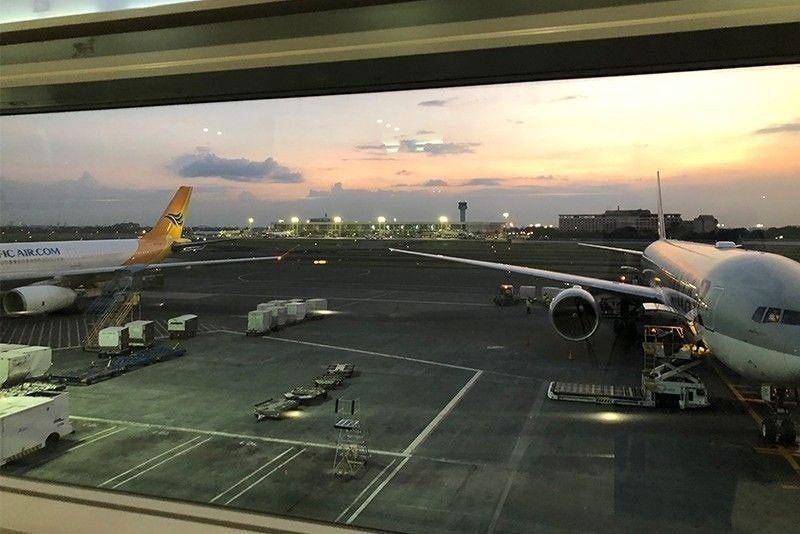More Southeast Asian airlines may turn to courts for debt restructuring

MANILA, Philippines — More airlines in Southeast Asia may follow the steps of their peers in the region which turned to courts to restructure their debts, aviation think tank CAPA-Center for Aviation said.
In a report, CAPA said Philippine Airlines (PAL)’s filing for bankruptcy protection in the US on Sept. 3 followed similar recent undertakings from other major Southeast Asian airlines.
CAPA said the list of airlines in the region that have taken this course has been steadily growing, and more are likely to follow before the COVID crisis ends.
“These airlines are restructuring to varying degrees, and therefore each bankruptcy process is different. Some are relatively quick as they have already reached agreement with creditors, while others are more contentious,” CAPA said.
“The airlines are also choosing a wide range of jurisdictions to file their bankruptcy petitions, using either their own countries or others with robust bankruptcy protection processes,” it said.
CAPA said Malaysia Airlines has obtained UK sign-off for its prearranged restructuring, while Thai Airways has secured approval from creditors and the Thai court.
AirAsia X and Nok Air, on the other hand, have yet to gain all the creditor agreements they need.
CAPA said Garuda Indonesia, another Southeast Asian airline in serious financial trouble, is believed to be planning a bankruptcy protection filing, possibly in the UK.
PAL, for its part, filed for a pre-arranged restructuring under the US Chapter 11 process in the Southern District of New York and was able to secure approval for all of its “first day” motions on an interim or final basis.
The flag targets to exit from the Chapter 11 process before the year ends, in which the company is expected to emerge with fresh capital and lower debt.
“Whichever jurisdiction they are using, restructuring through the court system is clearly the best course for many Southeast Asian airlines – and in some cases they don’t exactly have a choice in the matter,” CAPA said.
“Another factor is that the more airlines take advantage of this avenue, the greater the imperative for others to follow. For example, when US airlines went through a phase of Chapter 11 filings in the early 2000s, those that resisted longest were at a competitive disadvantage to their rivals. This will likely also be the case in Southeast Asia,” it said.
- Latest
- Trending
























